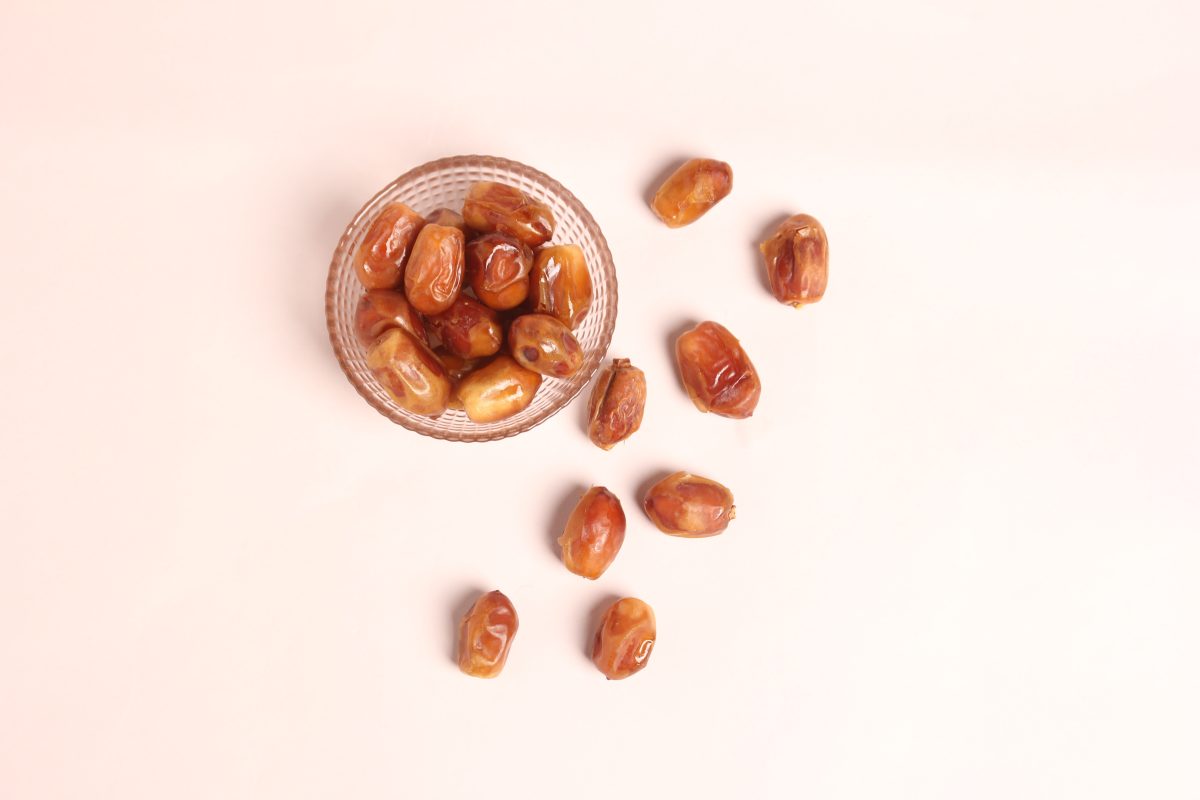Flirting with the idea of fasting? Ramadan set to begin Thursday, March 22, 2023, and there is no better time to try it out for the first time in the UAE or worldwide, surrounded by many who have been fasting their entire lives who will be supportive of your journey.
As you may know, Ramadan is the holy month of fasting and spiritual reflection for Muslims around the world. For those who have never fasted before, the prospect of abstaining from food and drink from sunrise to sunset can be daunting. However, with the right approach, fasting can be a deeply rewarding experience that brings about physical, mental, and spiritual benefits.
Here are some tips for first-time fasters to help make the most of the holy month of Ramadan.

How to start fasting during Ramadan
- Start preparing early
Preparing for Ramadan fasting should start well in advance to ensure that the body is ready for the fast. A few weeks before Ramadan, start gradually reducing the amount of food and drink consumed during the day. This will help the body adjust to the change in routine and reduce the risk of feeling too hungry or thirsty during the fast.
- Eat balanced meals during non-fasting hours
During Ramadan, it’s important to make the most of the non-fasting hours and eat a balanced diet that includes all the necessary nutrients. Focus on eating meals that are high in protein, healthy fats, and complex carbohydrates. This will help to sustain energy levels throughout the day and reduce the risk of feeling fatigued.
- Stay hydrated
It’s important to drink plenty of water during the non-fasting hours to stay hydrated throughout the day. Aim to drink at least eight glasses of water during the day and try to avoid caffeinated or sugary drinks as they can dehydrate the body.
- Avoid overeating during iftar
During iftar, it can be tempting to indulge in rich, heavy foods after a day of fasting. However, overeating can cause digestive issues and make it harder to maintain a healthy weight. It’s important to practice portion control and eat slowly during iftar. Eat a balanced meal that includes protein, carbohydrates, and healthy fats to keep energy levels stable.
- Take it slow
For first-time fasters, it’s important to take it slow and not push the body too hard. It’s okay to start with a few days of fasting and gradually increase the number of fasting days over time. If fasting becomes too difficult, it’s important to listen to the body and break the fast to avoid dehydration or other health issues.
- Use the time for spiritual reflection
Ramadan is not just about abstaining from food and drink; it’s also a time for spiritual reflection and self-improvement. Use the time during the fast to reflect on your life, connect with your faith, and engage in acts of charity and kindness. This will help to deepen your understanding of the meaning of Ramadan and make the experience more meaningful.
In conclusion, fasting during Ramadan can be a rewarding and transformative experience for first-time fasters. By following these tips, you can prepare your body for the fast, stay hydrated and nourished, and make the most of the spiritual benefits of this holy month. Remember to take it slow, listen to your body, and use the time for spiritual reflection and self-improvement.
Ramadan Mubarak!
